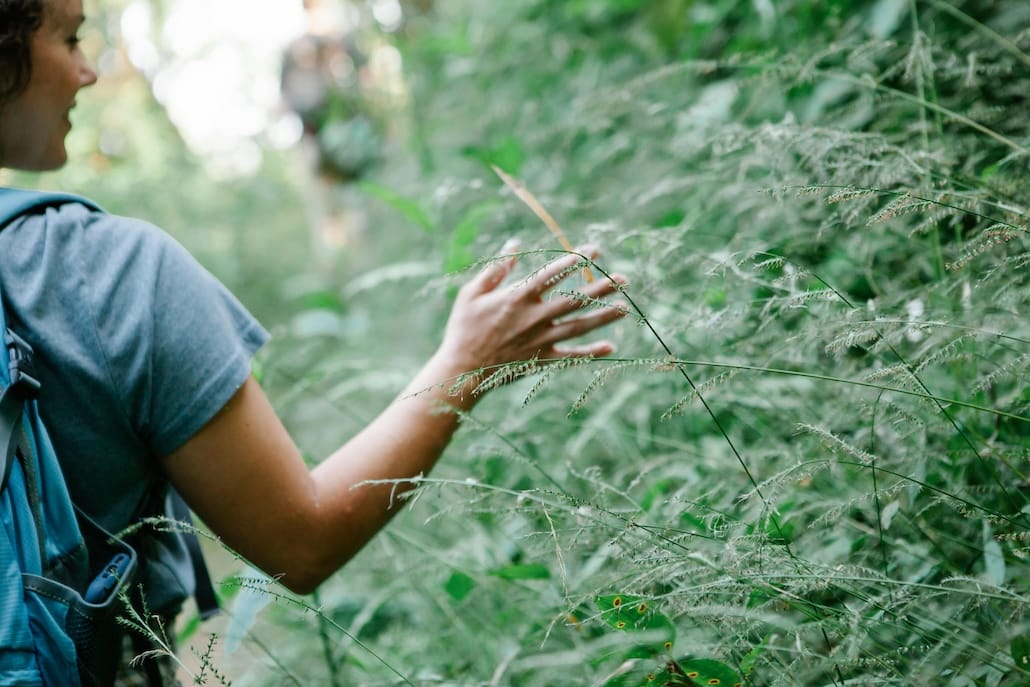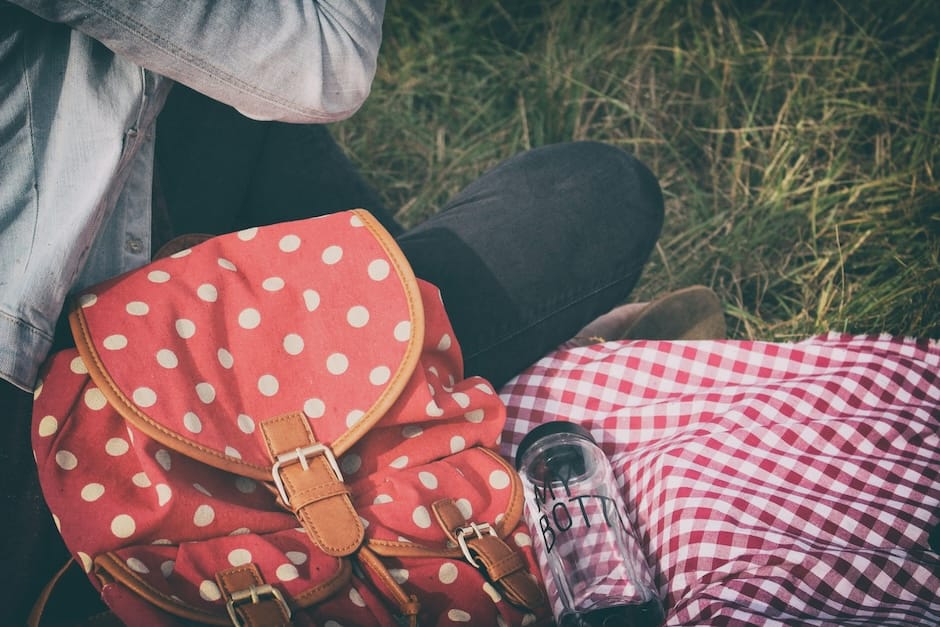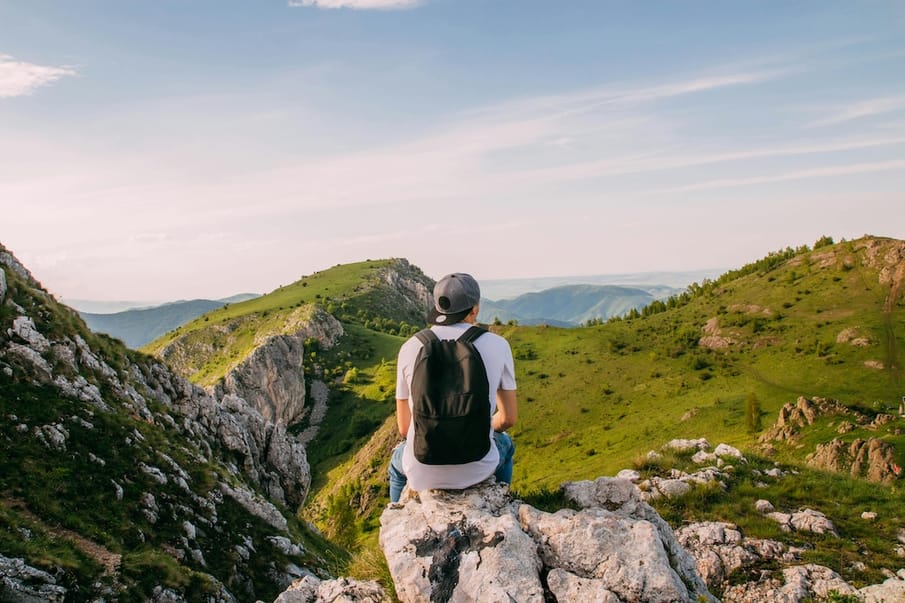Take steps to tread lightly as you explore and embrace the things our world has to offer
Many of us are thinking about how we can make sure that our desire to travel doesn’t come at a cost to the planet, and for good reason. According to the World Travel & Tourism Council, 8–10% of global CO2 emissions are caused by the travel and tourism sector – plus, tourism can impact the environment in other ways, such as affecting biodiversity and eroding landscapes.
So, how can you make sure that your next holiday is as eco-conscious as possible? Follow these seven tips:
Timing matters
Where possible, choosing to travel during the off-season is not just a great way of saving money, but can also help you to improve your ecotourist credentials as you will reduce the amount that you are contributing to over-tourism.
Popular tourist spots will be less crowded, which improves the overall experience, but can also help with preservation as people are less likely to step off paths and damage local habitats, walk against infrastructure, and contribute to traffic. It’s a win-win situation.
Walk or use public transportation
Just like when you’re at home, choosing to take public transport or walking to your destination is a great way to cut down your carbon footprint. But when doing this abroad, it comes with a host of other benefits.
You never know what you may stumble across when you set out on a walk. It could be encounters with the local wildlife, breathtaking scenery, and pockets of authentic culture that you’ve found some way from the beaten track. The same is the case for public transport, which is also a great way to immerse yourself in local living.

Visit protected heritage sites
Visiting protected heritage and natural sites can be an eco choice on two fronts. Firstly, as you pay to enter such sites, your fees will go into supporting the work of conservationists who are focused on preservation and protection. It may be impressive archaeological areas or stunning natural beauty spots with rare wildlife – whatever your interest, supporting heritage initiatives means that they will be around for many years to come.
What’s more, seeing these things first-hand can deepen our connection and understanding of them, which can in turn lead us to value them more, and get involved with further initiatives and to protect them for future generations.
Skip daily cleans and towel changes
When staying in a hotel, you’ll often find that you’re very well taken care of by your host. And this may include services that could actually be unnecessary, such as daily cleans and towel changes.
According to the American Hotel and Lodging Association, asking guests to reuse their towels could result in reducing the number of laundry loads – and the water, energy, and labour costs that come with them – by 17%. Not over-washing linen also increases its lifespan, meaning that there is less waste as it does not have to be replaced as often.
While daily cleans are a luxury often enjoyed on holiday, forgoing them every now and then could have a big impact on the environment.
Pack your reusables
A huge amount of waste is generated by single-use plastic such as water bottles, bags, and hotel toiletries. Before you leave, consider filling up some reusable toiletry bottles with products you already have at home. Pack reusable bags for shopping trips, and a water bottle. The latter is particularly important, as tourists tend to drink more water than locals when travelling, particularly in warmer climates.

Consider offsetting
Try as we might, there is always going to be some degree of cost to our travels, which is why you may wish to consider offsetting emissions alongside taking other actions to reduce your impact. Carbon offsetting refers to when you calculate the amount of carbon that you have created, and seek to equally compensate for those emissions elsewhere – usually through land restoration or planting trees.
There are many different sites and resources out there to help you make these calculations. One such organisation is Carbon Neutral Britain, which offers subscriptions for individuals who wish to become carbon-neutral. Of course, the best thing you can do for the environment is live and travel in a conscious way, but offsetting can be a great option for those who want to go one step further.
Don’t forget what’s happening at home
If you’re keen to become an ecotourist you may find that your attention automatically focuses on your destination, and what you’re going to do while you’re there. But it’s worth considering what might be happening in your home while you’re away.
Unplug everything before you leave, and switch off appliances that you don’t need to run. Turn off the heating, or leave it on low if you’re away during the winter, and consider turning off the water to stop any dripping taps.
With the peace of mind that everything back home is taken care of, you’re free to relax, explore, and learn (the eco way).


Comments